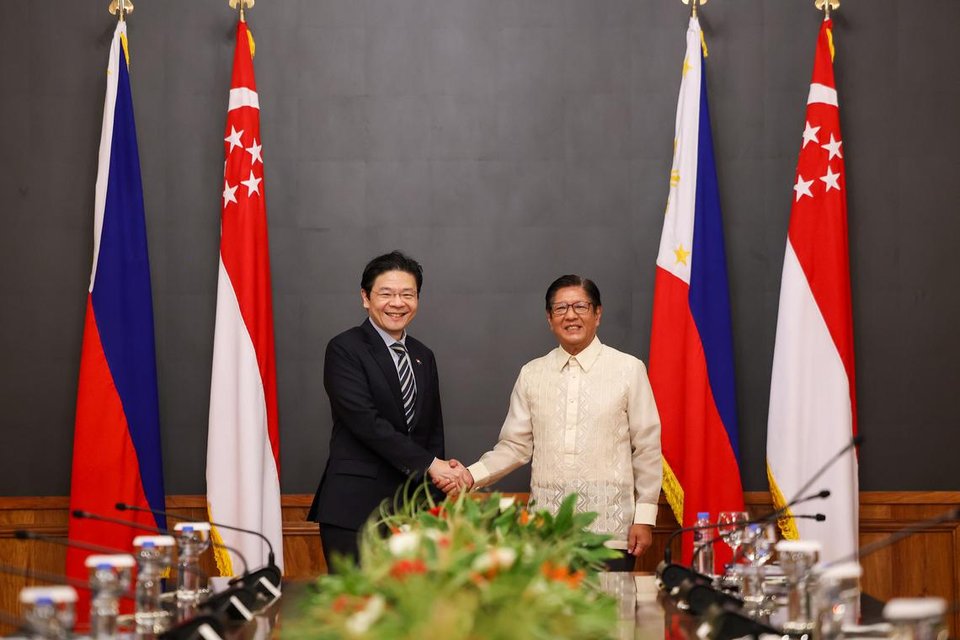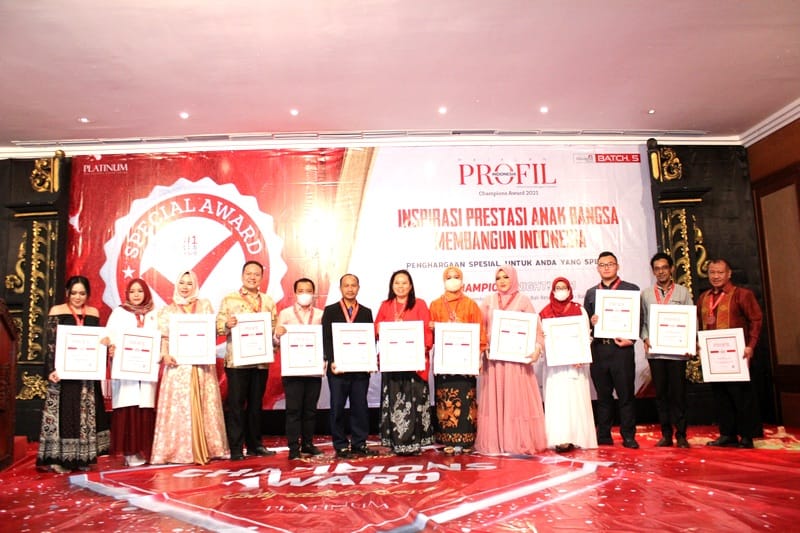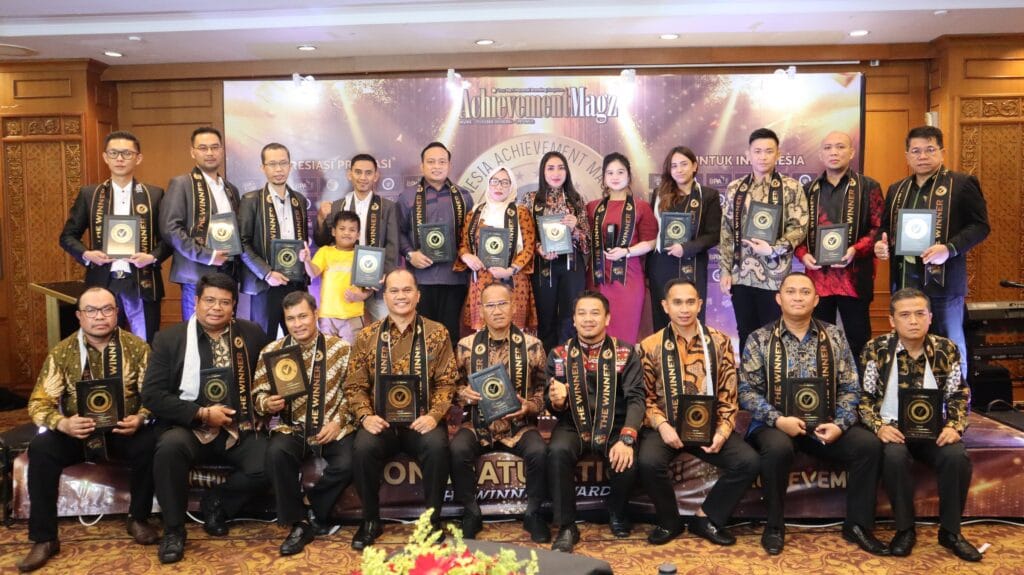Philippines – The recent bilateral announcement between Singapore and the Philippines on June 4 is more than a diplomatic milestone—it is emblematic of a broader strategic reorientation within ASEAN. As both countries commit to deeper cooperation in renewable energy, carbon trading, and healthcare, they signal a maturing regional approach to sustainability and integrated policy development.
Prime Minister Lawrence Wong’s introductory visit to Manila, hosted by President Ferdinand Marcos Jr, resulted in renewed pledges of collaboration spanning key sectors that align with ASEAN’s long-term objectives. Their joint emphasis on cross-border energy infrastructure and carbon markets demonstrates increasing policy cohesion among member states.
The ASEAN Power Grid, long discussed but only gradually realized, is now gaining political traction. The Singapore-Philippines accord strengthens this initiative by encouraging bilateral and regional investments in renewable projects, notably in wind and solar. Singaporean interest in the Philippines’ energy sector reflects both commercial potential and strategic alignment.
Equally significant is their intent to finalize a legally binding agreement on cross-border carbon credit transfers—an advanced policy step that aligns with Article 6 of the Paris Agreement. The potential for regulated carbon markets in Southeast Asia marks a turning point: countries are not just aligning climate goals, but operationalizing them through institutional frameworks.
This development fits a growing pattern across ASEAN—where climate commitments, energy needs, and regional cooperation are increasingly seen as interconnected rather than isolated. While individual nations continue to face structural challenges, bilateral partnerships such as this one act as testbeds for ASEAN-wide mechanisms.
What’s notable is the convergence of leadership intent and private sector readiness. Singaporean firms pursuing renewable opportunities in the Philippines could accelerate implementation timelines and offer scalable models for neighboring states.
In an era where Southeast Asia’s relevance in the global sustainability conversation is rapidly growing, the Singapore-Philippines cooperation stands as a pragmatic yet forward-looking blueprint. It reflects ASEAN’s evolving role—not merely as a regional bloc, but as a cohesive strategic actor in global climate and energy policy.








